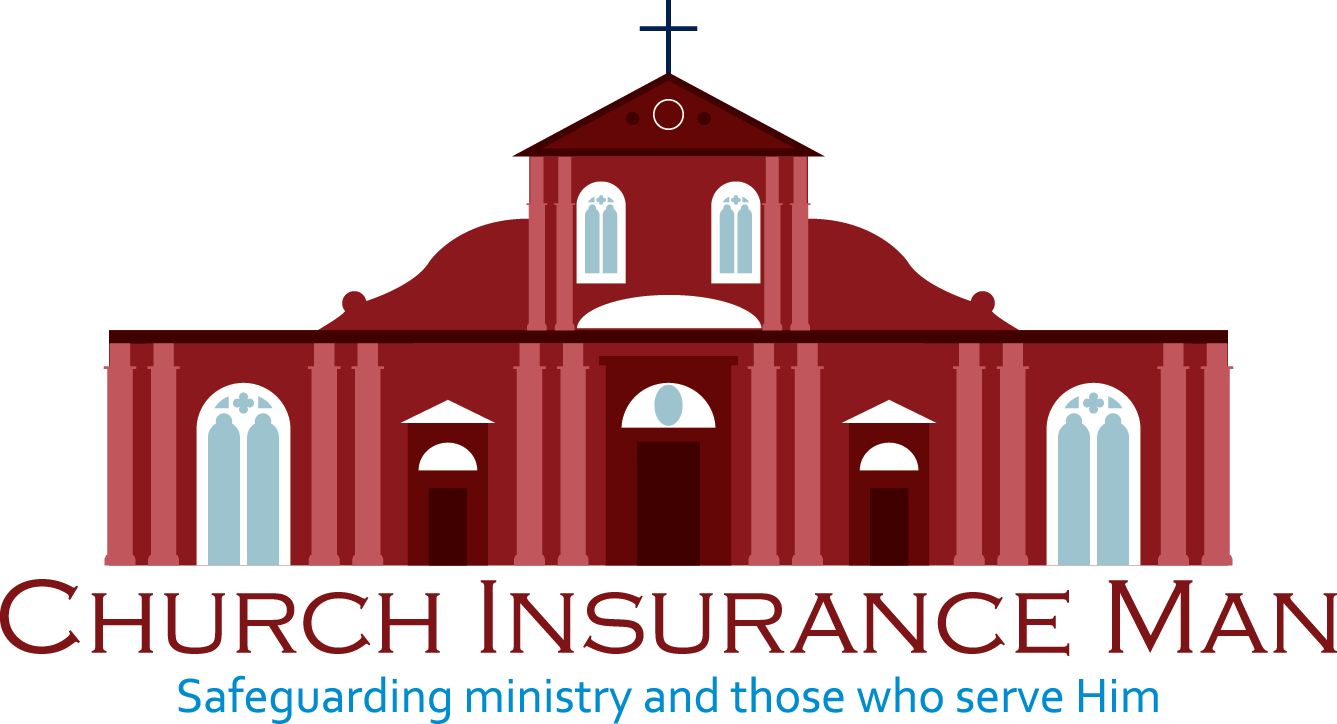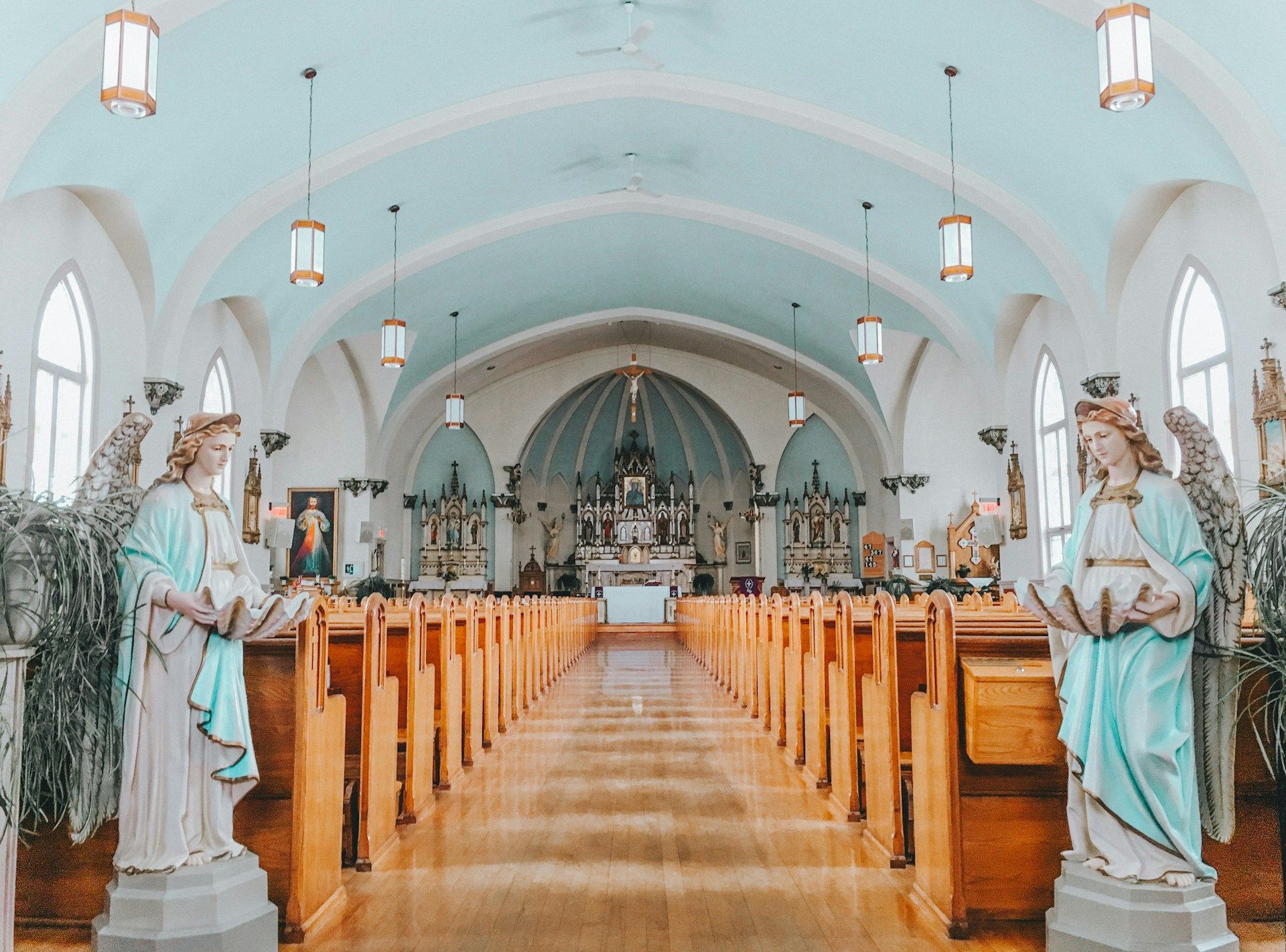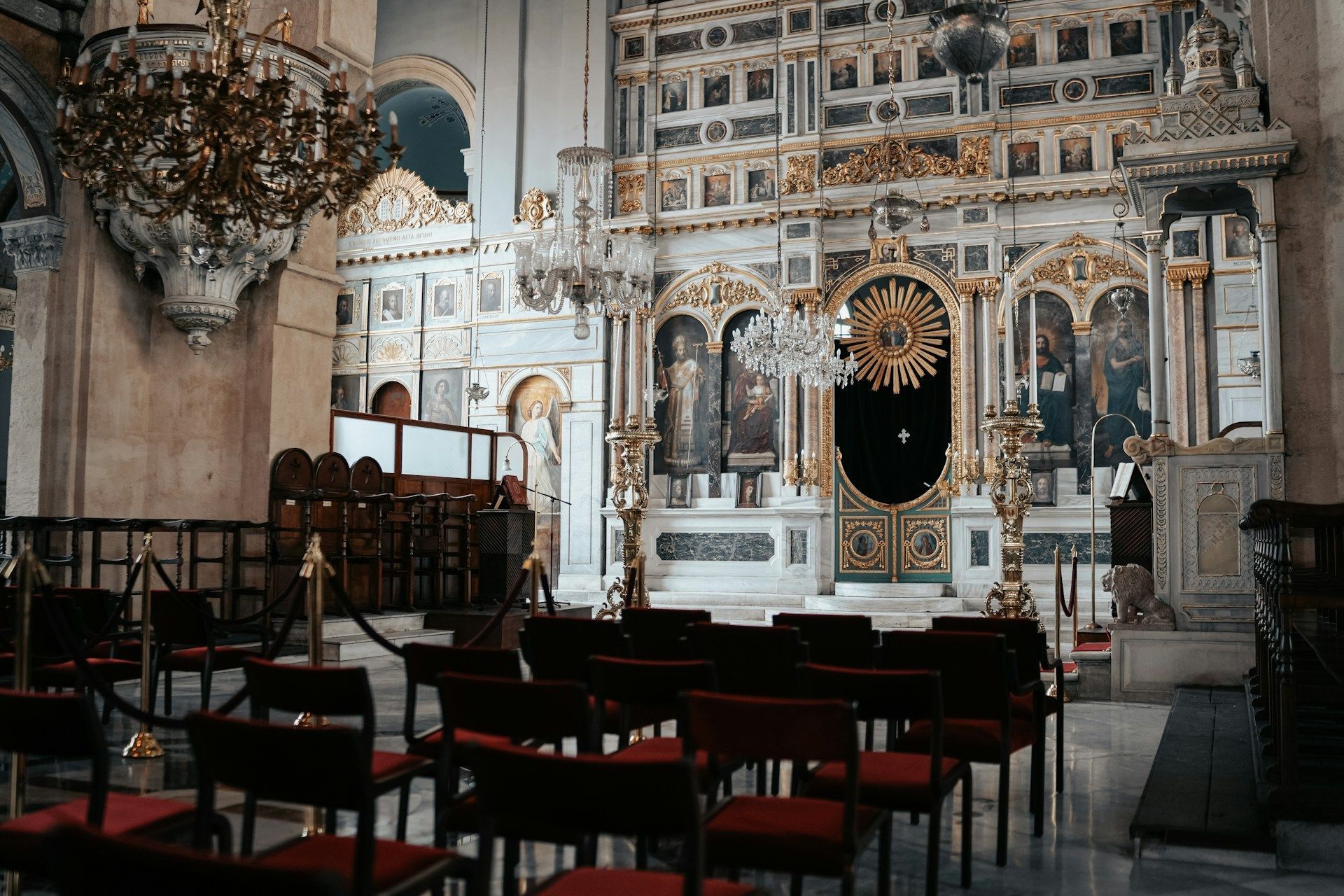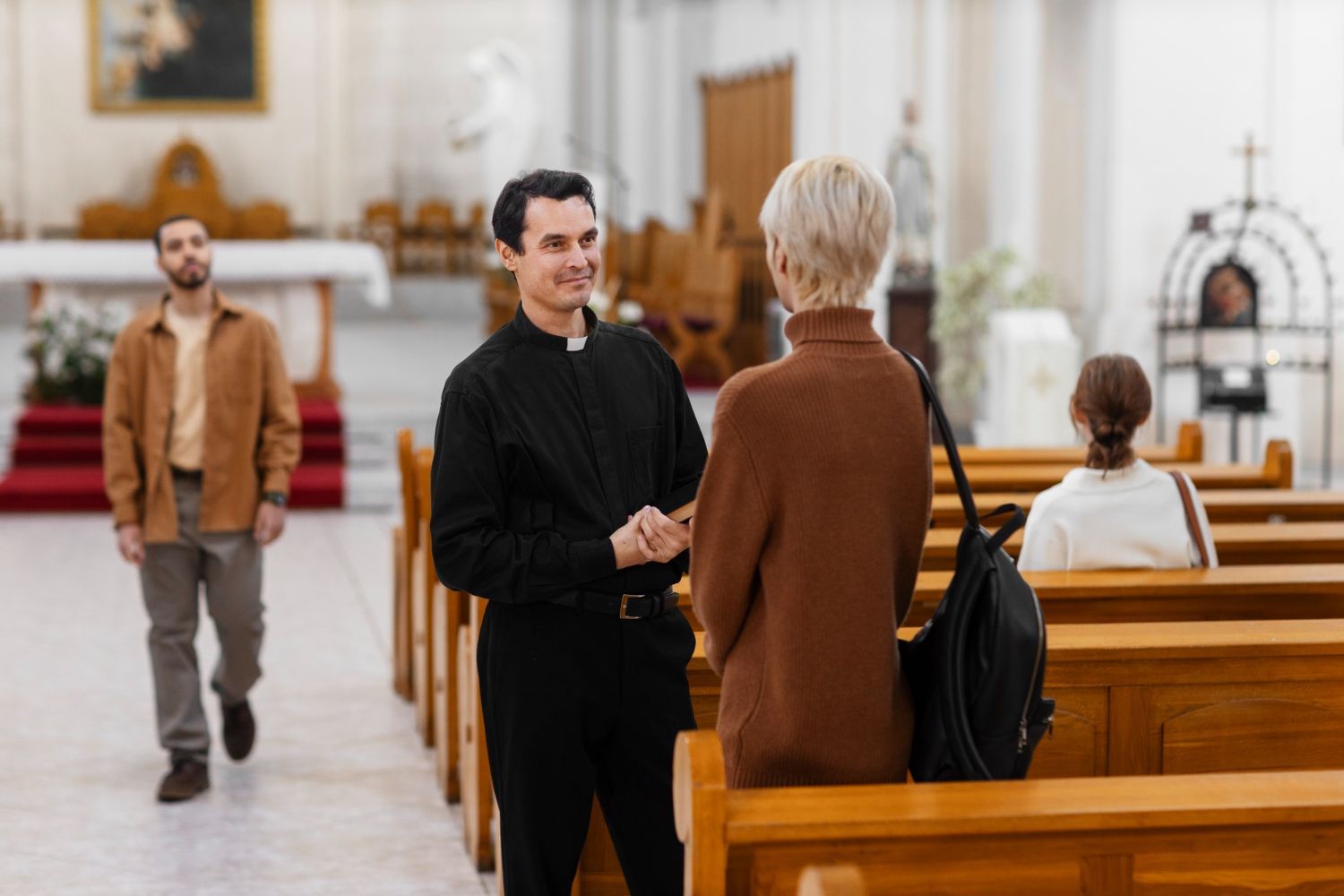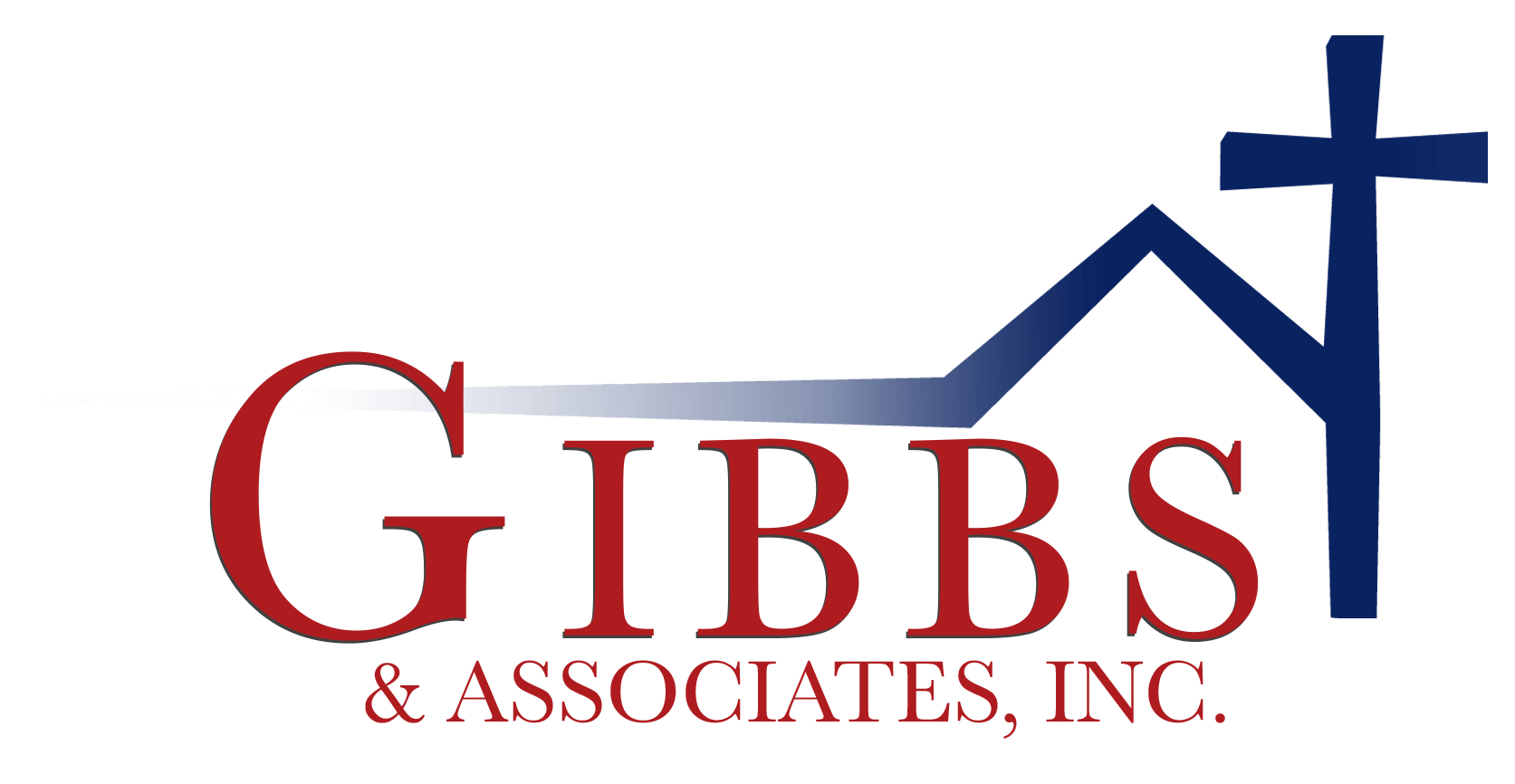Securing Your Church's Future: Comprehensive Insurance for New Church Construction
Expanding, renovating, or building a new church facility can be an exciting and transformative process for religious organizations. These construction projects often signify growth, revitalization, and the opportunity to better serve the needs of the congregation and the broader community. However, they also inherently come with risks and challenges that must be carefully managed to protect the church's financial well-being and ensure a successful construction outcome.
One crucial aspect of mitigating potential risks associated with new church construction is securing adequate insurance coverage tailored to the specific requirements of the project. Traditional church insurance policies may not provide sufficient protection for the unique risks involved in construction, necessitating additional coverage. Church administrators must work closely with their insurance provider to understand their coverage needs during this critical period and obtain necessary policies like builder's risk insurance that safeguard the project.
Beyond insurance considerations, effective construction risk management involves comprehensive project planning, proactive communication, and collaboration with contractors and other stakeholders. By identifying and addressing potential challenges, church administrators can create a more streamlined construction process and successfully manage risk from the project's initial stages to its completion.
In the following sections, we will explore the importance of securing appropriate insurance coverage for new church construction projects, discuss the role of risk management in the construction process, and offer guidance on successful project planning and execution.
By adopting a proactive approach to insurance and risk management for new church construction, administrators can confidently lead their organizations through a transformative period of growth and development, effectively safeguarding the church's future and enhancing its ability to serve its congregation and community.
What are the Insurance Coverage for New Church Construction?
As your church embarks on a major construction project, it is essential to partner with your insurance provider to ensure that you have the necessary and appropriate coverage in place to protect the organization from potential risks. Crucial types of insurance coverage for your church's construction project include:
1. Builder's Risk Insurance:
This critical coverage protects your church against financial loss or damage to the building materials, equipment, or structure during the construction process, including damages caused by fire, wind, theft, and vandalism. Consider working with your insurance provider to tailor this policy to the specific needs and risks of your project.
2. General Liability Insurance:
While your church may already hold a general liability policy, it is crucial to verify whether this policy extends to your construction project and provides coverage for third-party injuries or property damage occurring within the construction site.
3. Workers' Compensation:
Ensure that your contractors carry their workers' compensation insurance to protect themselves and your church from liability in case of injured workers during the project.
4. Additional Coverage:
Depending on your church's unique needs and construction circumstances, you may require additional insurance coverage, such as pollution liability, inland marine, or equipment breakdown insurance policies.
How to Implement Comprehensive Risk Management for Construction Projects?
Beyond insurance concerns, managing risk effectively during your church construction project involves a proactive approach to planning, communication, and collaboration. Key elements of construction risk management include:
1. Risk Identification and Assessment:
Begin the risk management process by identifying potential risks and challenges your church may encounter during the construction project. Assess these risks based on the likelihood of their occurrence and the potential severity of their impact.
2. Risk Mitigation and Prevention:
Develop proactive strategies to prevent or mitigate identified risks, such as implementing safety protocols and training or closely monitoring the construction process to identify and address issues in real time.
3. Project Planning and Execution:
Foster a culture of open communication and collaboration among all team members and stakeholders involved in the project. Facilitate this collaborative environment through regular meetings, progress updates, and clear lines of communication.
4. Post-Construction Risk Management:
Continue to address and manage residual risks even after the completion of the construction project, including the handover of ownership, transfer of insurance policies, and ongoing facility maintenance.
How to Choose the Right Contractors and Building Partners?
Selecting reliable contractors and partners for your church construction project entails conducting thorough research and vetting processes. Consider the following tips to ensure your church chooses reputable and trustworthy partners:
1. Research and Recommendations:
Start by gathering recommendations from other churches or organizations that have undertaken similar construction projects. Conduct background research on potential contractors and look for reviews or testimonials from other clients.
2. Verify Licensing and Insurance:
Confirm that your potential contractors hold the necessary licenses and certifications required by your local jurisdiction. Also, make sure they maintain adequate insurance coverage, including general liability and workers' compensation policies.
3. Request Bids and Proposals:
Invite potential contractors to submit bids or proposals for your project, detailing their estimated costs, timelines, and project execution plans. Analyze these submissions, considering factors such as price, experience, and overall fit with your church's goals and requirements.
4. Establish Written Contracts:
This protective measure not only outlines all parties' expectations and responsibilities but also helps prevent potential disputes or misunderstandings throughout the project.
How to Prepare Your Congregation and Community for Construction?
Successfully navigating your church's construction project requires open and consistent communication with your congregation and the broader community, offering updates and addressing concerns that may arise. Keep these pointers in mind for effective communication:
1. Share the Vision:
Engage your congregation in the planning process by sharing the project's vision and goals, emphasizing how the new construction will benefit the spiritual growth and mission of the church.
2. Provide Regular Updates:
Keep your congregation informed about the progress of construction, any challenges, or changes to the project timeline, and potential impacts on church activities.
3. Address Questions and Concerns:
Encourage your church community to ask questions and voice any concerns, demonstrating that you are receptive and responsive to their input.
4. Celebrate Milestones:
Mark important milestones in your construction project by celebrating the completion of significant stages or events, fostering a sense of unity and excitement in the congregation.
Conclusion
Undertaking a new church construction project can be a complex and challenging process. However, by securing appropriate insurance coverage, implementing comprehensive risk management strategies, and engaging in proactive communication and collaboration with contractors and your congregation, church administrators can successfully navigate these challenges and secure the organization's future.
By embracing these insurance and risk management best practices, administrators can provide a safe and supportive environment for their congregation while promoting long-term growth and development in service of their spiritual mission. Contact Church Insurance Man to learn more about our
insurance for churches.

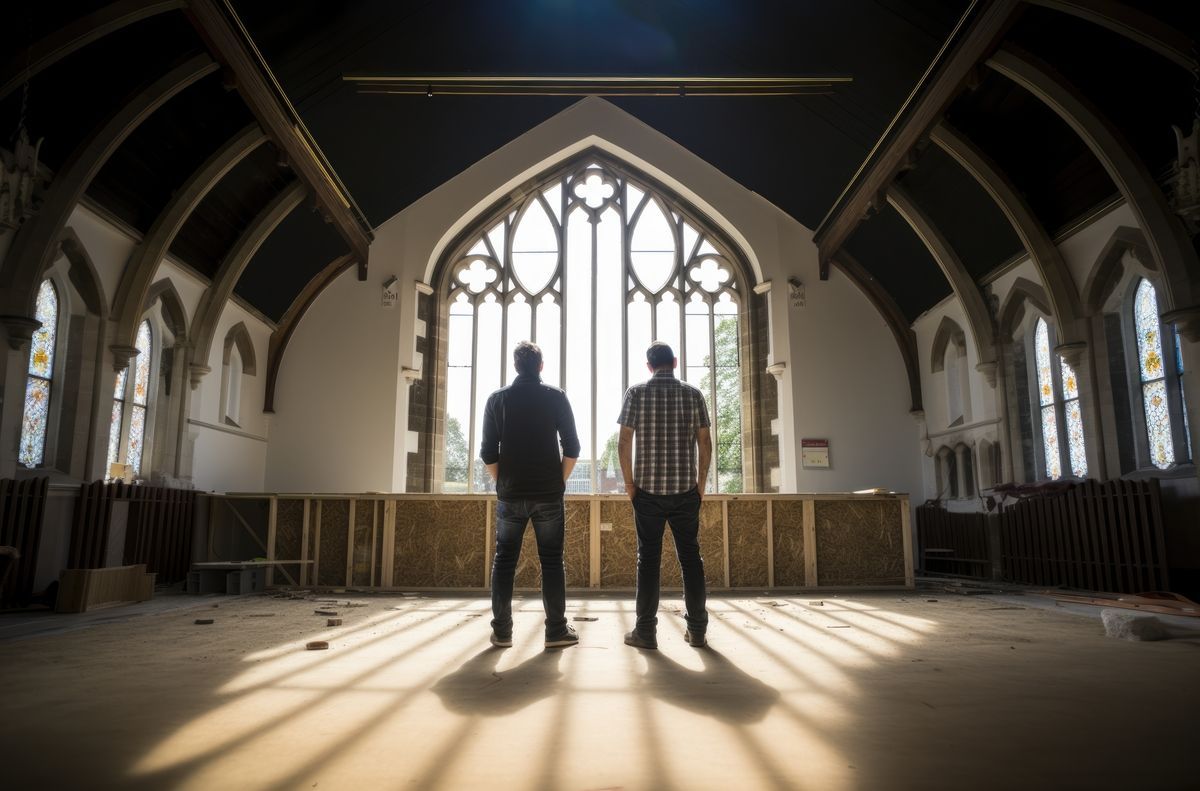



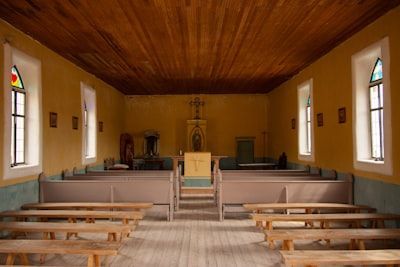
Preventing Theft Is Paramount
The main idea with higher deductibles is that it incentivizes you to take the proper actions to minimize the potential harm that may come to your property. As such, higher deductibles help you think about ways to sustainably prevent negative situations from forming and occurring within your property. That is why organizational leaders should take great care to implement proper security protocols. Your place of worship or care must comprehensively plan for crime and other property damage instances and minimize them from taking place.
- Watch the entrances. The first and simple step is to minimize the entry points into your church or other facilities. You want to make sure that there are just a few places to enter and exit to minimize hassles on your end.
- Document those who come and go. It is best to understand who is coming and going within your church or other facilities. The more information you have, the better it is for you in adverse situations.
- Have trusted volunteers who roam the facility during large gatherings. You want to make sure that you have a cohort of trustworthy who hover around different key areas during large gatherings and celebrations to enforce security standards in a relaxed manner.
- Minimize cash concentration on-premises. There's a saying that you should not tempt fate. That is a genuine possibility if you keep a concentrated portion of cash within your facility. Those who seek to conduct an extraction operation will have more incentives to perform a heist on your property.
- Provide regular access to trustworthy people. Everyone shouldn't have regular entrance access. Keep your life simple by providing limited access during off-hours.
These principles and tips will help you to minimize issues taking place on your property.
Common Church Theft and Vandalism Risks
Creating A Secure Environment For Parishioners
General Liability Coverage for Churches
Preventing Liability Risks in Churches
The best action is preventative and not reactive. Do your best to implement standards and protocols that minimize the potential situation that risks present to your church.
For instance, if you are cleaning the church, make sure to have signs that state you are cleaning. As such, you are indicating that cleaning is happening, and floors may be wet.
Further, you want to make sure that you have signs present around the facility that show people to be careful in a specific situation. Classic safety measures such as smoke detectors and safety systems, in general, will be crucial and necessary as well.
In addition, more nonprofit organizations are optimizing their buildings to make it accessible for disabled peoples. More organizations also endeavor to check their places frequently and make sure everything is up to par while also keeping emergency supplies like first aid kits on their premises.
There is quite a bit you can do to take a preventive strategy within your organization and minimize your potential liabilities. If you require further assistance with your insurance policies and would like to have more information about the steps you can take to improve your overall situation, reach out to us. We will be pleased to find the best solution for your needs and provide the insurance services that your church requires.
Insurance Packages for Churches In Georgia
Make sure that your church is protected. Learn more about our insurance services for churches in Georgia, including umbrella liability, business automotive, and church packages to protect your organization. Contact us today to chat about how we can help your church obtain great coverage to safeguard your ministry.
Get a Quote
Get a Quote
We will get back to you as soon as possible.
Please try again later.
